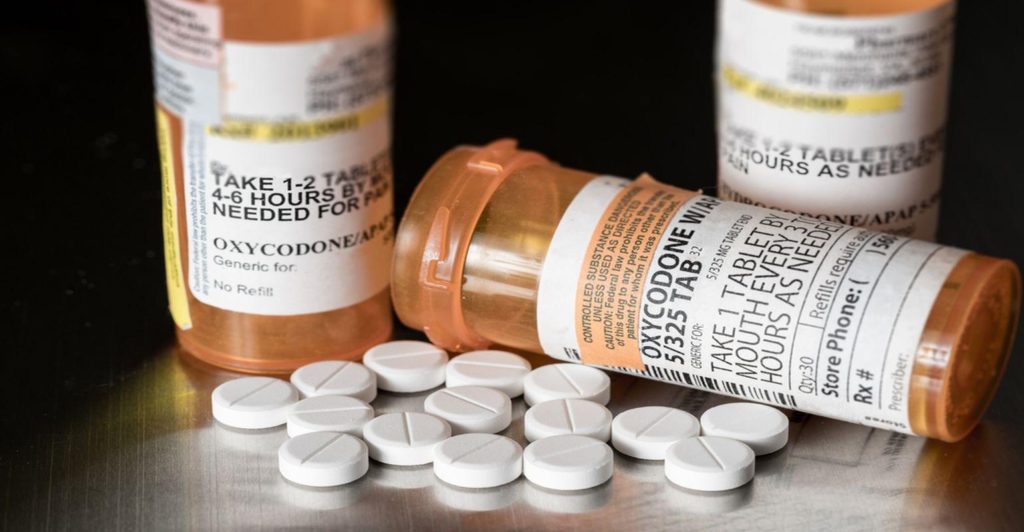Earlier this month, a California judge rejected an argument being used in thousands of cases against the pharmaceutical industry for its role in the opioid epidemic. The abuse of these drugs has led to the deaths of over 500,000 people in the United States since the 1990s. Unfortunately, the crisis has worsened during the COVID-19 pandemic. This decision marks the first major legal victory for four opioid manufacturers, which include Johnson & Johnson, Teva, Allergan, and Endo Pharmaceuticals.
Major Victory for Opioid Manufacturers
Filed in 2014, this case was brought by the counties of Santa Clara, Los Angeles, and Orange as well as the city of Oakland. It was one of the first proceedings to demand that drug manufacturers be held accountable for the epidemic. Specifically, the trial focused on whether the companies were responsible for creating “a public nuisance.” This reasoning has been argued by local California governments as well as many individual plaintiffs pursuing cases across the country.
Judge Peter Wilson represented the Orange County State Superior Court and presided over the four-month bench trial. “There is simply no evidence to show that the rise in prescriptions was not the result of the medically provision of pain medications to patients in need,” he wrote of his decision.
Specifically, Judge Wilson declared that, if the companies did engage in misleading marketing, “any adverse downstream consequences flowing from medically appropriate prescriptions cannot constitute an actionable public nuisance.” In other words, it would be impossible to determine the increase in legitimate prescriptions versus those that were ill-acquired. Even so, he acknowledged the seriousness of the opioid epidemic.
Future Implications of the Ruling
The ruling confirmed what legal experts have claimed since the beginning of litigation: that assigning responsibility of the epidemic will be difficult due to the many hands involved in the prescription process. The opioids pass from the manufacturers, distributors, doctors, and pharmacies before ever reaching a patient. Plus, the drugs are federally-approved for pain management, making it challenging to determine where the patient need ends and the misuse begins.
This major victory for manufacturers may or may not impact other trials, as so few cases have been decided thus far. Still, there are reasonable implications of the decision. “It’s the first defense win, so it suggests that maybe, as these cases are litigated instead of being settled, there are opportunities for defendants to score victories,” explained Adam Zimmerman, a professor at Loyola Law School in Los Angeles.
For more information about the opioid epidemic and lawsuits, contact us today.
Additional Reading:
Johnson & Johnson Agrees to $297M Opioid Deal with Texas, National Deal Faces Holdouts
Tentative Opioid Settlement For $26 Billion Focuses on Treatment, Prevention, and Education

